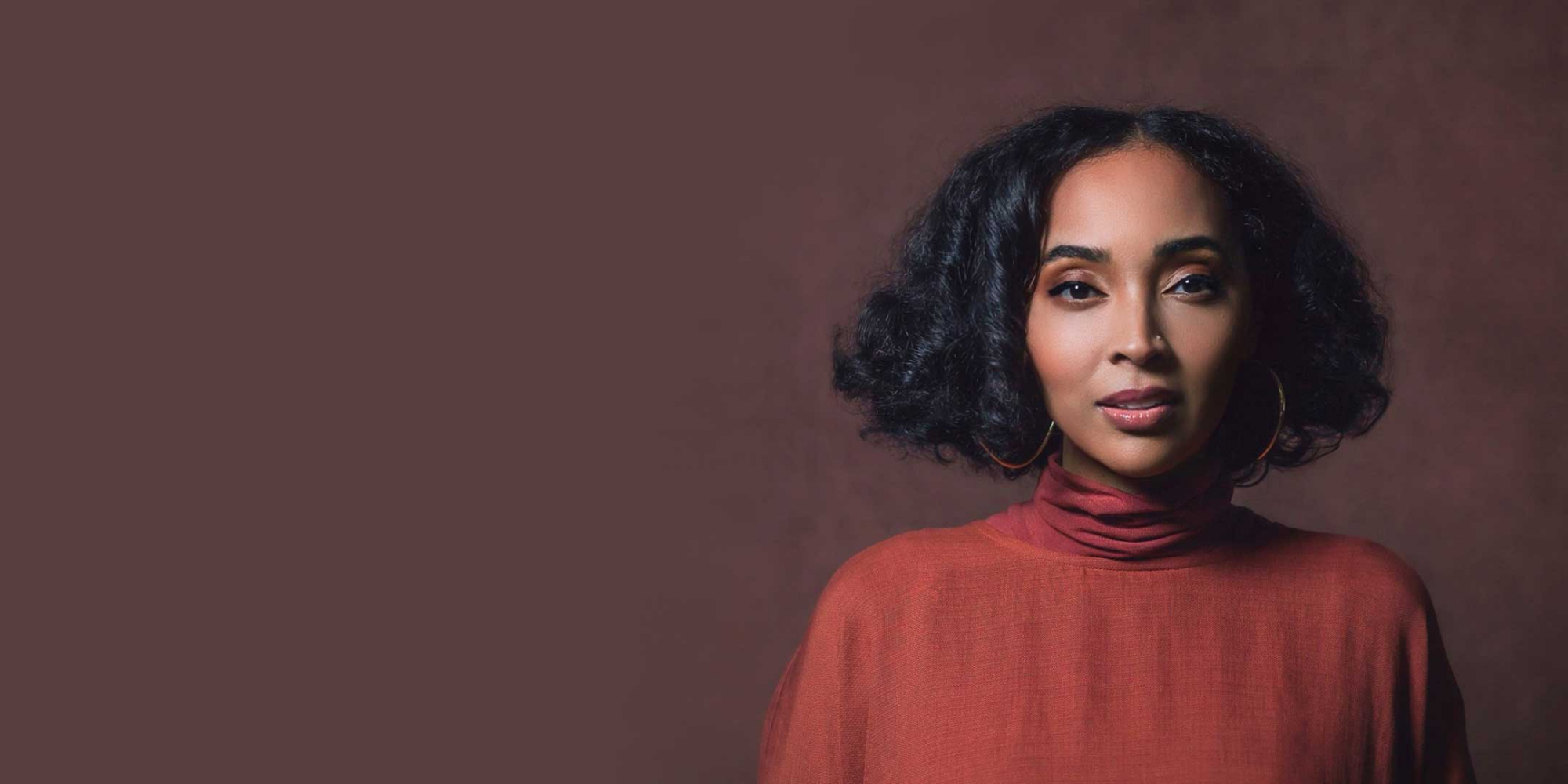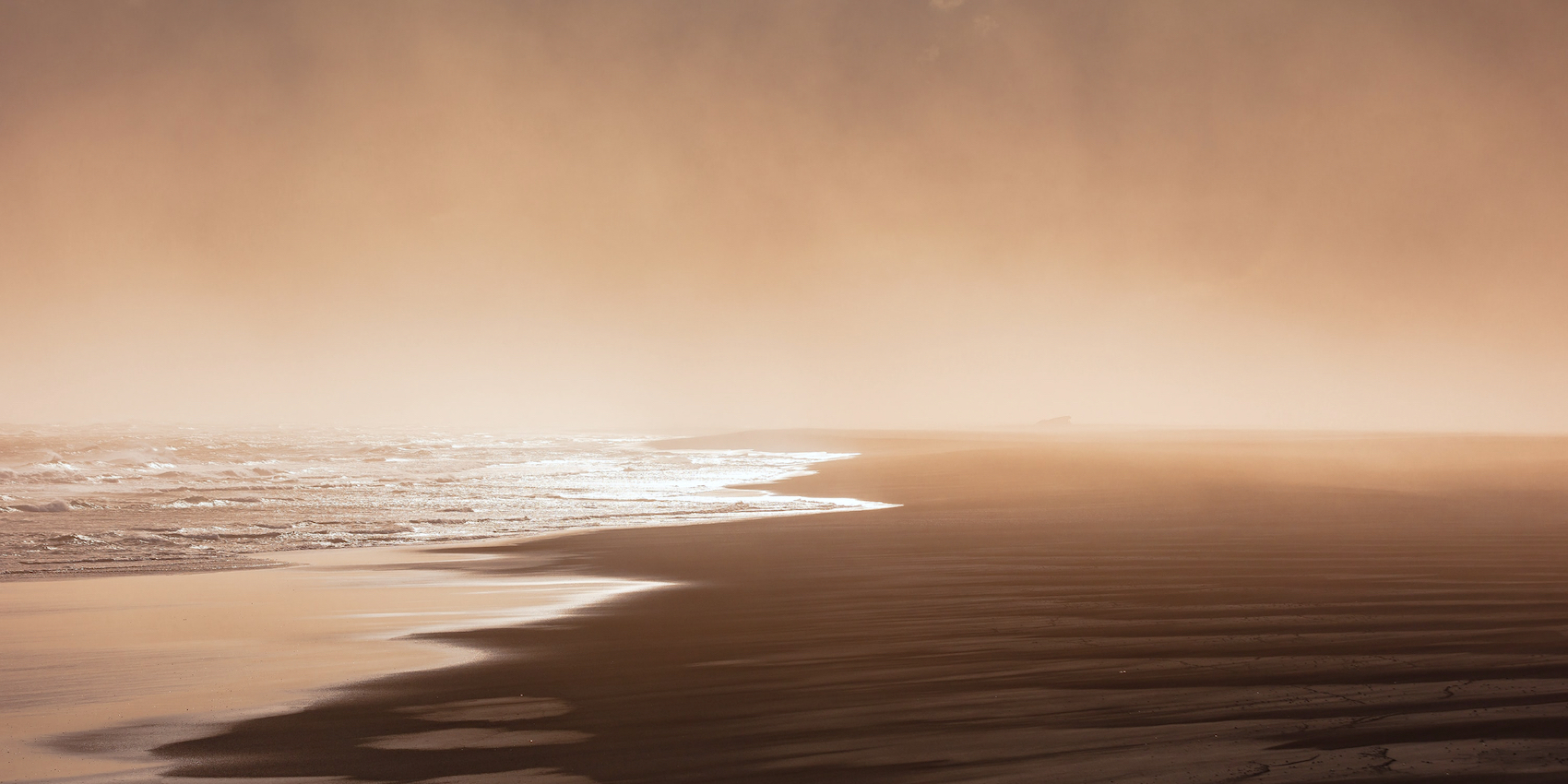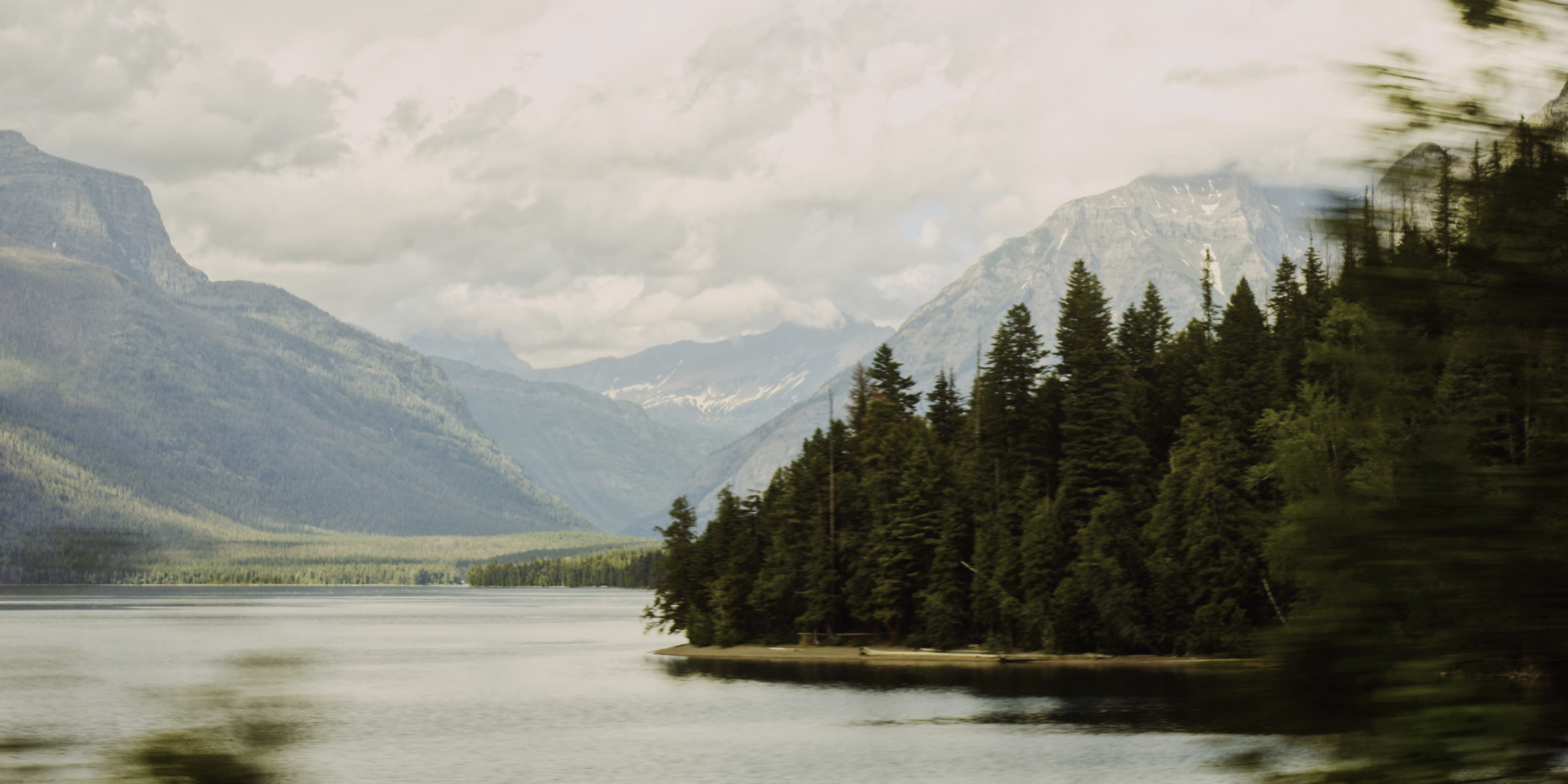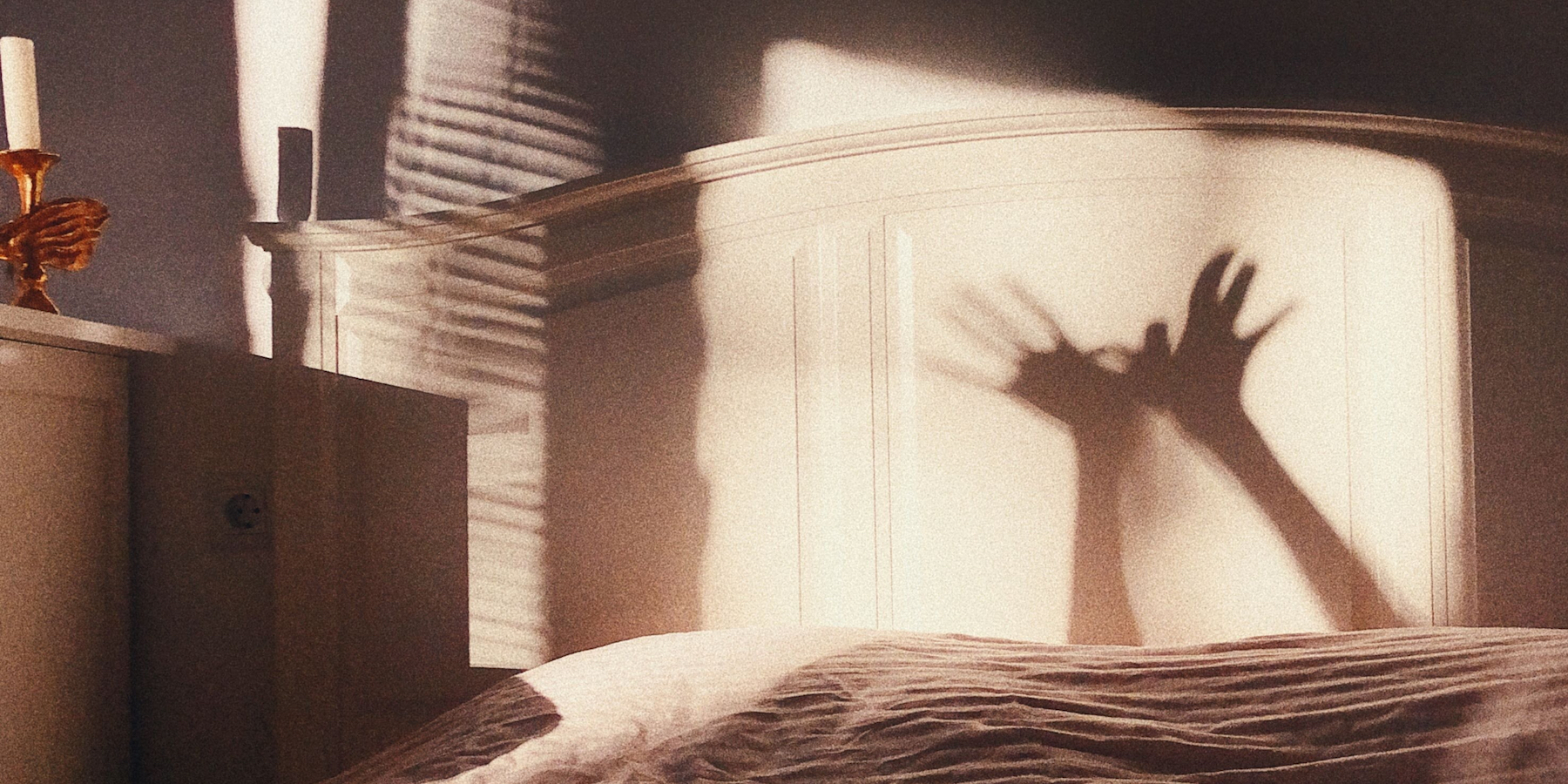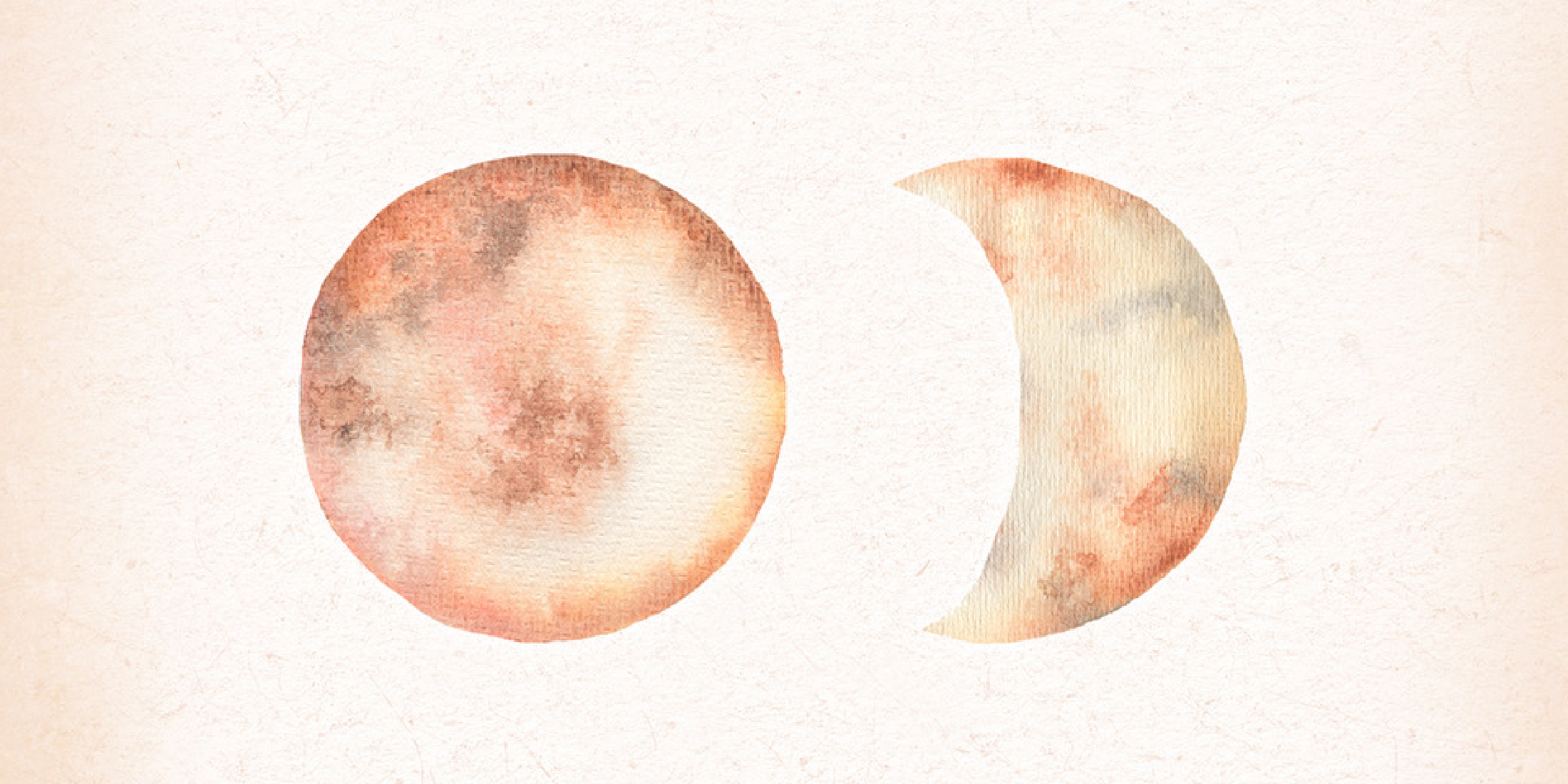“Taking care of your environment is an extension of taking care of yourself.” Lalah Delia talks about her own eco-anxiety. The author, spiritual writer and wellness educator shares how she went from not feeling close to environmental problems as a teenager to using her platform and voice to educate and support people that are experiencing anxiety, concern, stress, and curiosities about the climate crisis.
Q&A with Lalah Delia: How the environmental issues changed from feeling distant to very close
IT: When did you first become aware of the climate crisis? What was your first feeling?
Lalah Delia: I first heard about the climate crisis as a teenager back in the ’90s when Al Gore ran for president. He promoted his environmental initiatives and called for the reduction of greenhouse gasses. At this time, the problem seemed very distant and like it was not part of my or my community’s problem. No one in my community, family, or even spiritual community talked about the climate crisis, let alone greenhouse gasses.
I recall being interested in what Al was sharing to a certain extent; his passion was moving, and yet able to tune all of it out as I changed the television channel.
So since no one in my community talked about it or seemed alarmed, it didn’t feel close enough to be concerned with as a young person. If the adults in my life and community were not worried, I thought I didn’t need to be either. So I’d say I felt safe, still.
Are you still feeling that way?
Not at all!! Since those younger days, I’ve awakened to the danger and truth of the climate crisis and the environmental issues affecting my community and the wider world.
What changed?
Around 2012, I began having breathing problems outdoors or when I had my windows open. After some research, I learned what was in my local air. Eventually, being categorized in the ‘Sensitive Group’ due to respiratory issues, I became even more aware and began using Airnow.gov to plan my day outdoors and my windows being open – around my city’s air quality. If the air was moderate or worse, I did not go outdoors or open the windows in my home unless it was absolutely necessary.
Then there was a hormonal imbalance I began experiencing once I entered my 40’s. I learned deep into how everyday products, chemicals and foods were disrupting my hormonal health, overall health, and the quality of the natural world and environment. Learning deep into phytoestrogens and neurotoxins and their adverse reactions changed the game for me. I was able to take back control of my hormonal health and nervous system. I went 100% green and clean in both home and beauty products.
What caused your urge to help the environment?
The more I healed and took better care of myself; I wanted the same for my environment, other people and beings, and the natural world.
Seeing litter began to affect me emotionally when passing by it. By learning of and witnessing the desecration of the planet, deforestation, and soil depletion, I began experiencing an empathic connection to the earth. I wanted to help her feel well, honored, healed, and reverenced.
I felt one and in solidarity with indigenous people globally and with people in my hometown who want to live on a thriving planet, not on one endangered and in crisis.
Learning that I was living in a symbiotic world where what I did affects other humans and other life forms woke me up and inspired me to make better choices environmentally.
Having honor and reverence for this earth that nurtures, nourishes, feeds, and houses us, is the least we can do, and I’m making sure daily to do my part.
Making change in a big city
You live in Los Angeles, which is well-known for pollution. How does this impact your outlook on the situation and/or your own work to deal with the crisis?
Climate-wise, it’s intense here in the City of Angels. We have one of the highest pollution rates in the United States. Many of our streets, street corners, freeways, and bypasses are cluttered with litter. Visually seeing this day in and day out is disheartening.
When navigating the city, I sometimes drive the long way around to avoid seeing littered streets and environments because of how it affects my emotional health, a form of Eco-Anxiety.
How does change look for you?
I’m all the more inspired to raise awareness with my children and loved ones, and my community through my platform and voice. Each one, teach one! I do my part to reduce my own carbon footprint while holding loving-kindness towards myself, my community and city, and the world as part of my solution. The local area of Los Angeles I live in has beautiful community workers who clean our streets day and night; I see them as heroes and earth angels. This is what we need more of.
The greater litter and pollution problem in LA is in the hands of our mayor and the sanitation department who are, I’m sure, overwhelmed and under-equipped for the crisis at hand. But I have hope that a change and solution will come, as it has for other large cities, such as cities in Japan, Canada, or even Singapore, who have reduced their carbon footprint and are leading by powerful and healthy example.
Make a difference! Join the 10-day-Eco-Anxiety Challenge by Ecosia together with Lalah Delia and musician Garth Stevenson. This program will give you tools and tips on climate action to integrate into your daily life. Together we will plant a tree in your honor when you reach day 3, day 6 and day 10 of this challenge. Let’s be change together.
Eco-care is self-care
How does caring for the climate intertwine with your work as a wellness guide?
I often teach that the current environment you are in is the garden you are growing in. What we’re exposed to affects and impacts us: mind, body, emotion, and energy-wise. Taking care of your environment is an extension of taking care of yourself. Whatever is in our local air is in the air we breathe in and out daily. Therefore, it’s vital to our well-being to live in awareness as we make the best choices we have access to become a solution in raising the vibration of where we live and lowering the pollution in it. Supporting only eco-aware and environmentally friendly companies is how I support myself and my family and my work and its message of ‘vibrate higher daily.

Tell us about the eco-anxiety challenge on Insight Timer that you worked on with Garth Stephenson and in partnership with Ecosia. What do you hope people get out of it?
Together with Garth Stevenson for Insight Timer and Ecosia, we’ve collaborated to bring anyone experiencing anxiety, concern, stress, and curiosities about the climate crisis solutions and support. Through this 10-Day Eco-Anxiety Challenge, we guide, educate, support, and create safe space and community. Ecosia will plant three trees on behalf of each meditator, bringing economic relief and support for school supplies and medical bills to local towns and families where the trees are planted.
Awareness and balance for a climate solution
2020 was a slow down for so many people due to the lifestyle changes living through a pandemic mandated. Do you believe the ‘new normal’ is a slower lifestyle?
We are no longer in the age of being docile or passive observers, much like I was as a teenager regarding the climate crisis. It’s time to take our power back. Particular long-operating power structures are dissolving, and the people, through awareness and empowered action, can create a better world to live in their place. So this is the new norm I’m inspired and encouraged to continue being a part, live in, and support.
In your opinion, what has more power when it comes to the climate crisis: societal action or societal stillness?
For long-term well-being, mental health, and sustainability, balance is key, so I’d say power comes at the intersection of both societal action or societal stillness. Take action and also take time for yourself.
What is something that is not given enough attention when it comes to conversations about climate change?
Be aware and mindful that people who live in marginalized and economically challenged communities are significantly affected by environmental issues. Ecoliteracy in these communities is necessary for healthier and more sustainable living. Such communities cannot be left out of the eco-awareness conversation or solution. With more compassion, education, and economic relief as a baseline, we can offer our sisters and brothers a lifeline who live in less privileged environments. I try to tackle this by bringing awareness through my book, teaching and work. For anyone looking to learn more, I can’t recommend enough Leah Thomas @greengirlleah who has dedicated her platform to understanding intersectionality, which is the relationship between social and economic justice.

